Covid-19 returns to Wuhan, China
Across China, holiday plans are in tatters and mass testing is underway as coronavirus returns to city where it was first detected.
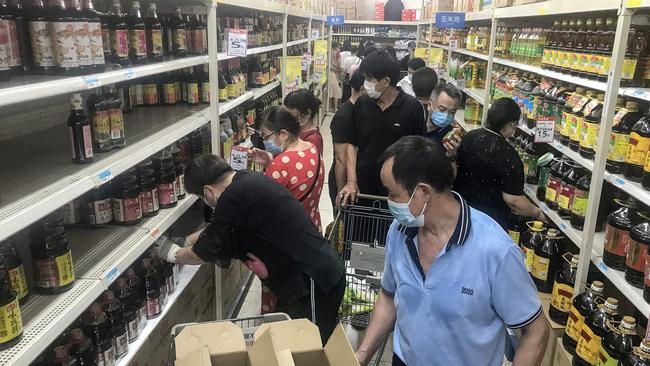
Wuhan is in a “wartime state”, local officials say, with the coronavirus returning to the central Chinese city where it was first detected in late 2019.
Across China, domestic summer holiday plans are in tatters and mass testing is under way as the fiendishly infectious Delta variant strains even the world’s strictest public health orders.
Many in Wuhan – veterans of last year’s 76-day lockdown – stocked up on essentials on Tuesday, a day after seven new cases were detected in the city, which has a population 11 million.
Simon Carter, an Australian geophysicist who now lives in Wuhan, set off to buy lentils and red wine before he and his wife lined up for yet another test.
“It was always going to come back,” Dr Carter said. “I do worry. When do we get back to normal?”
Life in Wuhan has actually been closer to normal than in most of the world over the past 14 months, the last time officials announced a coronavirus case had been found in the city.
A year ago, thousands in Wuhan celebrated their freedom from the pandemic with a mask-less pool party that stunned the world outside China.
That won’t be repeated this month now that Wuhan, the capital of Hubei province, has joined the burgeoning list of Chinese cities struggling with a growing cluster of Delta cases.
The Chinese outbreak began with the infection of an airport cleaner in Nanjing in China’s east in July and has since spread to Beijing, Shanghai, Yantai and Wuhan, as well as some of the country’s most populous provinces, including Hunan and Fujian.
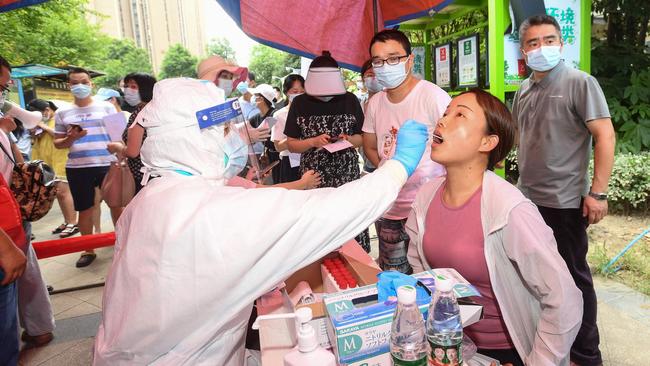
Wuhan’s summer holiday plans are now ruined. And it is the same situation across China, as local governments advise against all but essential travel.
Ms Tan, a teacher in Wuhan, said she had to cancel a planned trip to Liaoning, a province in China’s northeast on the border with North Korea. And she is far from alone.
“Many people I know have had to cancel travel,” she said.
This outbreak is not terrifying like the original one, which killed thousands as Wuhan’s hospital system was the first in the world to be overwhelmed by what was then an unknown virus.
More than a year and a half after those first cases were detected, the country’s coronavirus set-up is formidable.
China was the first country to establish a smartphone check-in system which – combined with a political system that is less troubled than Australia’s with individual rights – has helped with contact tracing.
It has also pioneered a system of mass testing that operates on a scale unparalleled in the world. The entire population of Wuhan – which is the size of Melbourne and Sydney combined – was first tested in just 10 days last May.
Following orders this week from Hubei party secretary Ying Yong to “quickly enter a wartime state”, the city’s 11 million people are being tested again. They aim to be completed by next week.
Similar mass testing is being undertaken across the country as China’s officials desperately try to retain the almost Covid-free status of the world’s second-biggest economy.
They hope it will allow China’s cities to avoid the extended lockdowns that have occurred in Australia.
More than half of China’s 1.4 billion people have been twice jabbed with the locally made Sinovac and Sinopharm vaccines.
While those vaccines have not stopped people getting infected with Delta, China’s most famous doctor Zhong Nanshan said they had greatly reduced the severity of the cases.
“They still have a protective effect,” said Dr Zhong in an interview with Chinese media.
The national Covid-19 outbreak – which grew to a total of 61 new domestic cases on Monday – has overtaken China’s gold medal dominance at the Tokyo Olympics as the most discussed topic in the country.
As in Australia, many in China are grumbling about whether this current outbreak could have been avoided.
Feng Jun, who was the party secretary of Nanjing airport until he was sacked last month, has been widely pilloried.
“He ruined the summer vacation of all Chinese students,” said one commentator.


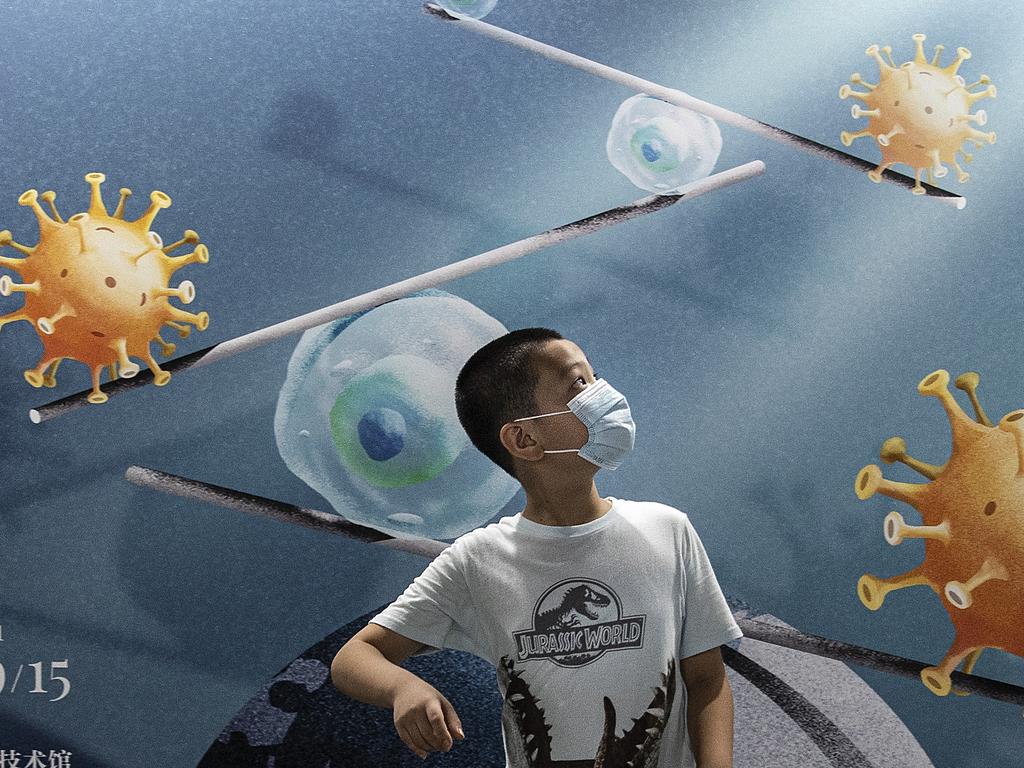
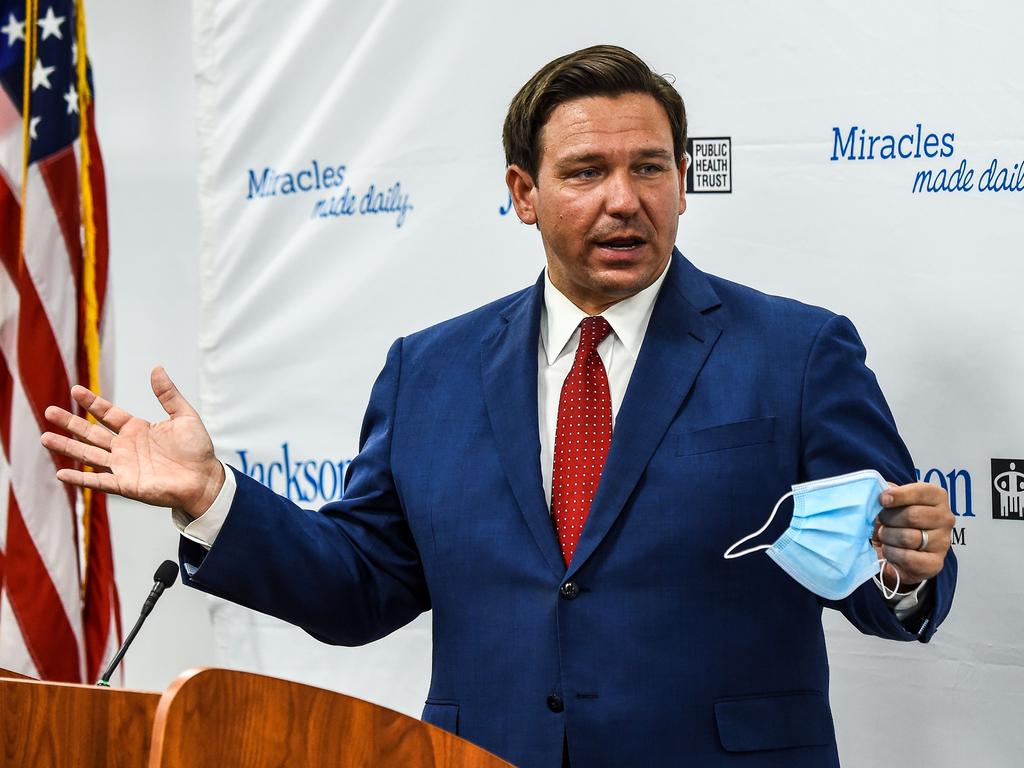
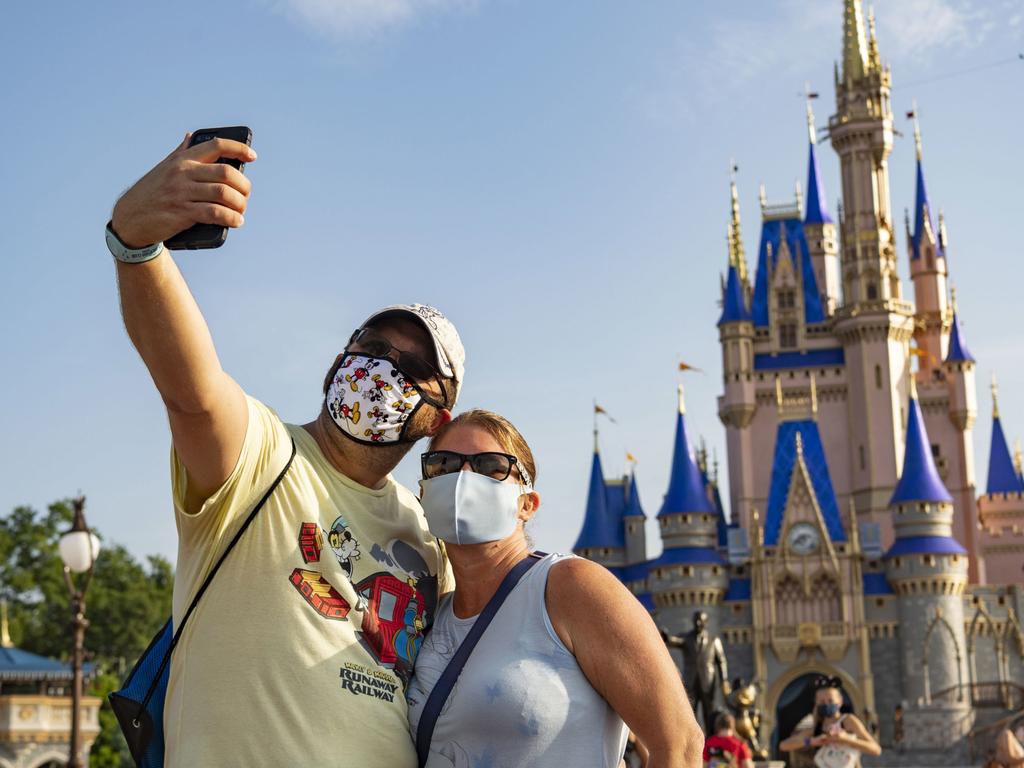
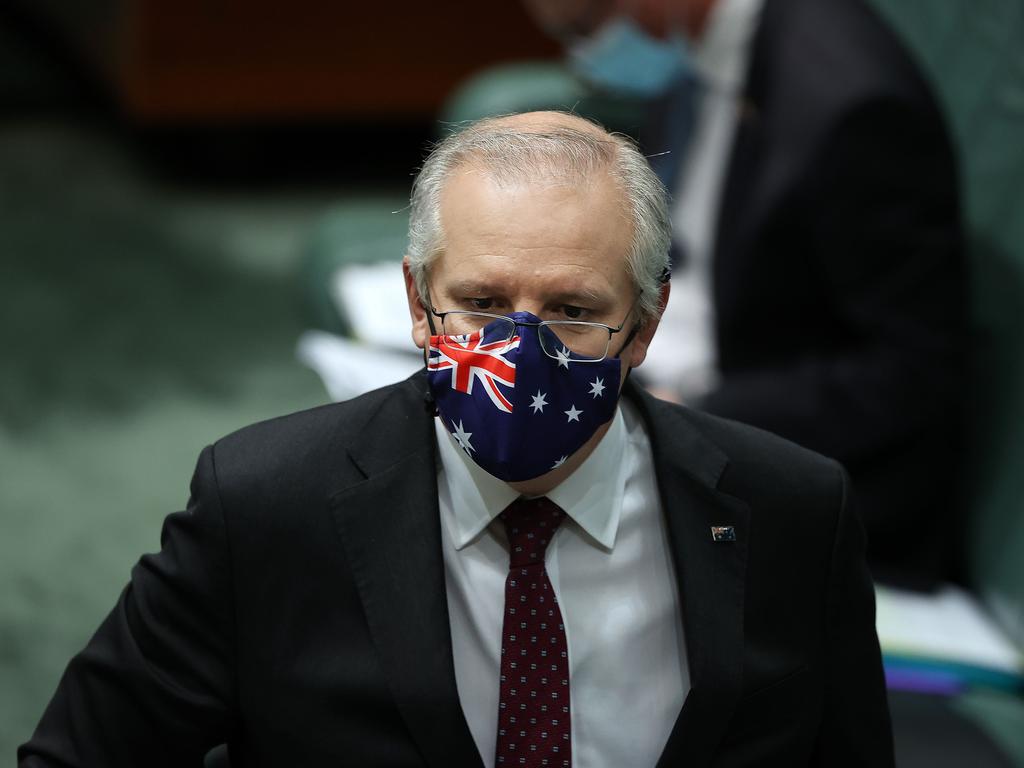


To join the conversation, please log in. Don't have an account? Register
Join the conversation, you are commenting as Logout